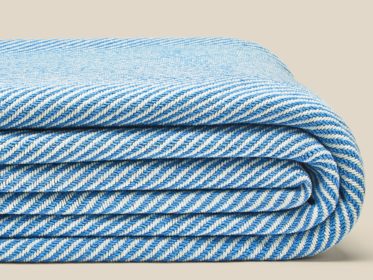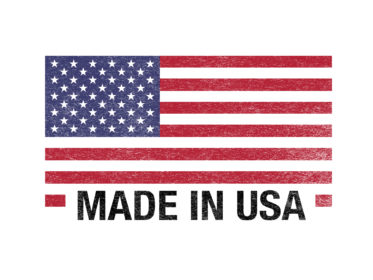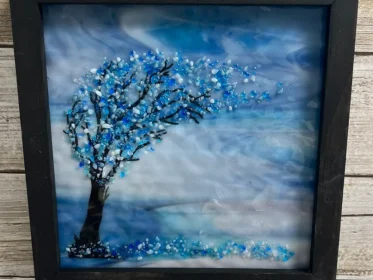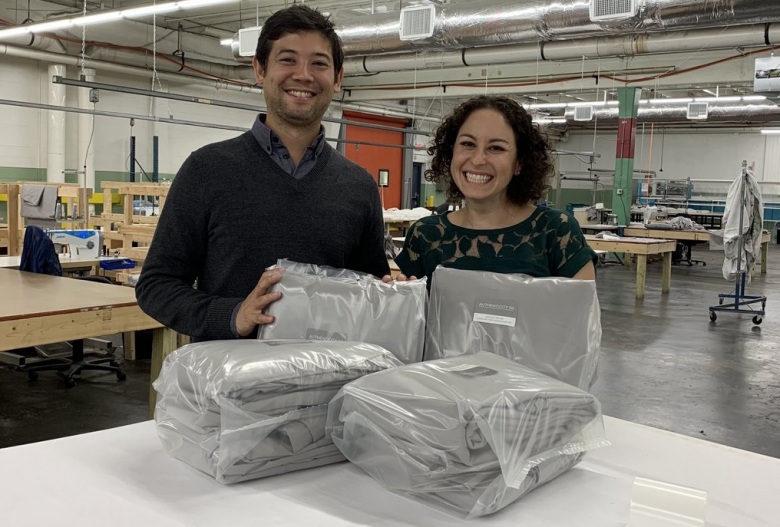
After getting married, Jimmy and Steph MacDonald knew they wanted to invest in high-quality, Made in USA items for their house. Avid sleepers, they searched high and low for luxe bedding made in the US – but couldn’t find anything.
After sleeping like babies on US-made sheets at a B&B, they learned from the innkeeper the sheets had been purchased years before, and that sadly, production had moved to China.
Researching the domestic industry for over a year, the couple learned that America used to weave millions of yards of sheeting fabric, and was a mainstay of the global textile industry – until it all went overseas for cheaper labor and production costs. Additionally, it was expensive to manufacture sheets in the US, and the consumer market was non-existent.
Added to the high cost was the traditional retail markup model, which inflated prices by up to 10x through an archaic system of distribution and middlemen networks. Jimmy and Steph realized that they could potentially revitalize this industry and bring it back to the States.
Their goal was to create premium Made in the USA sheets and bedding that cut out those markups – while also providing jobs, fair wages, and safe working conditions to hundreds of skilled American workers.
In 2015, they founded Authenticity50 together, and launched the business via a successful online crowdfunding campaign.
Authenticity50, based in California, is the first and only company that creates luxe bedding seed-to-stitch® domestically. From their California-grown Supima® cotton, to the spinning and weaving of their yarn into fabric, and hand-made cut and sew of their sheets, to their boxes, tags, and packaging, every part of their product is sourced and made here. (Full disclosure: I own these sheets. They’re the best sheets you’ll ever sleep on.)
The couple recently sat down to discuss their marketing – and some of the lessons they’ve learned along the way.
DH: Your marketing is fantastic. In the beginning, when your budget was tight, how did you get the word out about your sheets?
A50: We launched the business with a Kickstarter crowdfunding campaign. It was a litmus test to determine if people were interested in American-made high-quality luxe bedding. To our surprise, we doubled our funding goal – and word spread from family and friends to strangers, which helped us build a community and foundation of supporters. It was a great platform to share our products and mission, and we ended up with backers from all over the world!
We first began our marketing by making sure we were listed with all the “Made in USA” organizations, such as USA Love List, Made in America Co, and Buy Direct USA. Because we were unique, people found our story interesting. We’ve been blessed with great media coverage, such as the Los Angeles Times, The New York Post, Wired, and Martha Stewart Weddings.
We also use email marketing – but sparingly! We don’t spam our subscribers and are considerate of their inbox. We generally send a couple of emails a month. We provide brand-relevant content that benefits our readers, such as “Five Ways to Beat the Winter Blues.”
Our email list has been a powerful marketing tool for us. Our best marketing platform, however, is the product itself. We wanted to provide a high-quality product that people would love giving as a gift.
DH: How do you come up with your messages, such as “Seed-to-Stitch®”? Do you use an agency?
A50: All our marketing is done by our small in-house team. We came up with “Seed-to-Stitch” ourselves. We wanted something like “farm-to-table,” which encompasses an entire movement. We chose “authenticity” as our name because we wanted to be honest and transparent – about our manufacturing process, our pricing, and educating consumers about sheeting and industry terms, such as thread count.
We also focus on the manufacturing story and the people who make our sheets – we love featuring stories of the cut and sew techs in our partner mills. All of this resonates with our customers, who share our content on social media, and more important, buy our sheets for themselves and for friends and loved ones.
DH: How do you work with your partners to have them help you get the word out about your manufacturing process?
A50: That’s a great question. The first time we visited with the mills, they wouldn’t let us take photos because they have proprietary machines and processes. But, we spend a lot of time on the road visiting them. The more time we spent, and the more we got to know our partners and they got to know us, the more the trust grew. Nurturing these relationships has been mutually beneficial.
Showing photos and videos of the manufacturing process allows us to educate consumers. They can view the steps and the people who make their sheets. The entire process is authentic and honest.
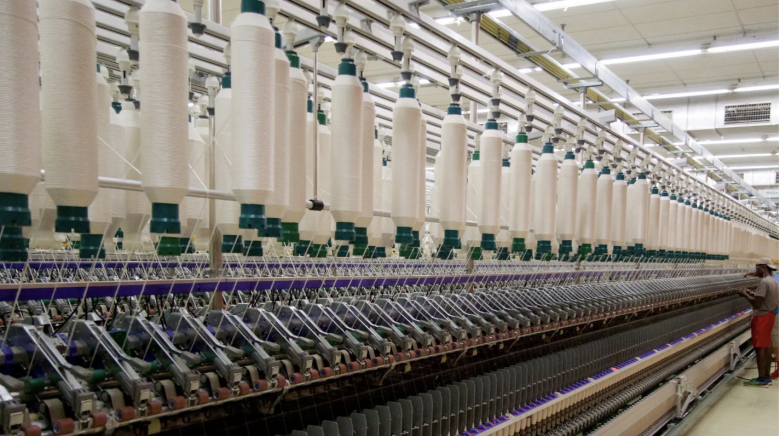
DH: Do you plan on selling to business accounts – e.g. B&Bs or hotels?
A50: We have a few business accounts – people who care about Made in the USA. Buying multiple sets of our sheets is a little expensive; people tend to see the purchase as an investment. We’re looking to grow this aspect of our business in 2019.
DH: What has been the most rewarding aspect of manufacturing in the US?
A50: It’s definitely been a challenge. We’ve had wonderful highs and sad lows – such as when one of our partners closed down their operation. Textile mills are located in the deep South; the buildings are measured in terms of acreage. They’re located in the middle of nowhere. We put hundreds of miles on our rental vehicle when we do our visits.
As we travel, we see so many shuttered mills and buildings. So much manufacturing has left our country and gone overseas. That part is sad, but it’s exciting for us to see a steady resurgence and interest in American-made.
When we have a hard day, we tell ourselves that what we’re doing is important. We’re bringing back jobs.
Most important, we’re keeping the last wide sheeting mills in the US running. We’re preserving a craft, skills and knowledge. Once these jobs leave the US, they won’t come back. It takes three years to become competent in the weaving mill. A person with 20 years of experience has a great deal of knowledge.
We’ve come to the realization that if Authenticity50 doesn’t succeed, then the mills will no longer be here. That’s what keeps us going.
To learn more about Jimmy and Steph MacDonald, their honest bedding, and their “Seed-to-Stitch” manufacturing process, visit the Authenticity50 website.
Get the Keep It Made USA newsletter.
Twice monthly; zero spam.

